Octavia the Younger: The Silent Pillar of Roman Imperial Power
Introduction
Octavia the Younger, a name that often resonates in the annals of ancient Roman history, was a paragon of virtue and loyalty amidst the political turbulence of the Roman Empire. Born on October 69 BC, she emerged as a significant figure in the Julio-Claudian dynasty, navigating through family strife, political intrigue, and personal tragedy. While much of the ancient world revolved around its militaristic and political powerhouses, Octavia's story reminds us that strength also lies in resilience and silent endurance.
Family and Early Life
Octavia was the daughter of Gaius Octavius, a Roman senator, and Atia Balba Caesonia, a niece of Julius Caesar. This illustrious lineage placed her squarely in the nexus of Roman power from birth. Octavia's family connections allowed her a position of remarkable prominence, which carried both prestige and heavy responsibility.
Tragedy struck early when her father passed away in 59 BC, leaving her and her brother Gaius Octavius Thurinus (later Augustus) under their mother’s care. Atia was a devout and strict matron, ensuring her children were well-educated and highly moral, traits that defined Octavia throughout her life. Her childhood was marked by these familial bonds and teachings, shaping her into a poised and steadfast woman ready to serve her family and empire.
Marriages: Political Alliances
Marriage in the ancient Roman world was less a matter of love and more a tool of political alliance. Octavia's first marriage was to Gaius Claudius Marcellus Minor, a fellow Roman of noble standing. This union was strategically facilitated to strengthen internal political alliances and unify the Roman elite against external threats. The marriage was notably fruitful, blessing them with three children: Marcus Claudius Marcellus, who later became a favored nephew of Octavian (Emperor Augustus), and two daughters, Claudia Marcella Major and Claudia Marcella Minor.
However, in 40 BC, Octavia's stable life was upended. Her marriage was dissolved by political necessity, to wed her to Marcus Antonius (Mark Antony), as part of a political maneuver to secure peace between Octavian and Antony, following the tumultuous aftermath of the assassination of Julius Caesar.
Octavia and Mark Antony
Octavia's marriage to Mark Antony symbolized much more than personal union; it embodied the peace treaty known as the Treaty of Brundisium between her brother Octavian and Antony, two of the most powerful men of the era. Despite the political overtones of their arrangement, Octavia and Antony reportedly shared a respectful and amicable relationship. Her character and nurturing nature provided a semblance of peace in the tumultuous world of Roman politics.
Octavia bore two daughters with Antony, Antonia Major and Antonia Minor. Her perseverance in maintaining her duties and nurturing her children underscored her strength, especially as Antony's political and romantic attentions increasingly shifted towards Cleopatra, the Queen of Egypt. Octavia's dignified endurance during this period earned her widespread admiration but also tested her personal boundaries.
Legacy and Influence in Roman History
Despite the challenges, Octavia's influence extended both within her family and throughout the Roman political spectrum. Her life became a beacon of Roman virtue and dedication to familial duty, contrasting vividly with the at times decadent lifestyle choices of other figures in the Julio-Claudian circle. Despite Antony's eventual departure to Cleopatra, Octavia continued to manage her domestic responsibilities with integrity, demonstrating remarkable personal strength and dedication.
Her later years were marked by quiet strength and influence in the Roman world, particularly through her children and grandchildren who continued to play pivotal roles in the Empire. She maintained her brother Augustus's trust, mediating familial disputes and providing counsel in state matters. Octavia's quiet politicking and unyielding dedication reflected the power of subtlety and resilience in a time dominated by war and loud political jockeying.
Conclusion
As a woman of intellect and fortitude in a male-dominated sphere, Octavia the Younger's story is a testament to her enduring influence and character. Her legacy as a stabilizing force during one of Rome's most fragile periods highlights the invaluable impact of those who operate behind the scenes. Octavia’s narrative is one of grace, resilience, and ultimately, a significant yet understated power that helped shape the trajectory of the Roman Empire.
The Cultural Patronage of Octavia
Beyond her domestic and political roles, Octavia the Younger played a significant role as a patron of the arts and culture, contributing to Rome’s burgeoning artistic scene. The late Roman Republic and early Empire were periods of great cultural ferment, and Octavia stood as a central figure in facilitating and fostering this evolution. Her patronage extended to various artists, writers, and intellectuals, making her a pivotal cultural figure in her own right.
One notable association was with the renowned Roman poet Virgil. It is believed that portions of Virgil’s "Aeneid" were recited to Octavia, including the passage dedicated to her late son, Marcellus. This moment is one of the famously poignant episodes of literary history, symbolizing both personal loss and the immortality provided by art. This cultural patronage not only bolstered Octavia’s influence but also ensured that her legacy extended far beyond her immediate political and familial roles.
Octavia’s Role as a Diplomat
Octavia's diplomatic prowess was particularly evident in her role as a mediator during one of Rome’s most politically unstable periods. Her marriage to Mark Antony, while primarily a political alliance, positioned her as a key diplomatic figure. Her endeavors to maintain the fragile peace between her brother Octavian and Antony were pivotal, especially given the historical context of civil strife and power struggles.
Even as Antony's relationship with Cleopatra intensified, Octavia's efforts to reconcile the strained relationship between her brother and husband were noteworthy. She was sent as an emissary by Octavian, at one point traveling to deliver troops and supplies to Antony in the East, showcasing her role as a peacekeeper and diplomat. Such acts underlined her commitment not only to her family but also to the broader stability of the Roman Empire.
Octavia’s diplomatic efforts, though ultimately unable to prevent the rift that led to the Final War of the Roman Republic, illustrated her strategic acumen and dedication to peace. Her actions during these fragile moments in Roman history underscored a crucial, if often understated, contribution to Rome's historical landscape, serving as a reminder of the critical yet often unheralded role women played in ancient diplomacy.
Octavia’s Later Life
After Antony's defeat and subsequent suicide, Octavia chose a life of retirement from public life, focusing instead on her family and the upbringing of her children. Her later years were spent in a more secluded lifestyle, which did not prevent her from continuing to be an influential figure in her family's affairs. She remained a guiding presence for her many children, nieces, and nephews, some of whom would go on to play significant roles in the Roman Imperial lineage.
Octavia's life following the downfall of Antony was marked by personal devotion and familial stability. She became the guardian of Antony's surviving children, including those with Cleopatra. This act of magnanimity and care highlighted the depth of her character, as she absorbed the responsibilities of raising and integrating these children within Roman society.
The Impact of Octavia’s Virtue
Uniquely in Roman annals, Octavia received official honors such as the dedication of shrines and the erection of a library in her name, known as the Porticus Octaviae. These public honors reflected her status among the Roman people who admired her virtue, nobility, and forbearance. Such commemorations were a testament to the high esteem in which she was held.
Octavia's life story offers a compelling narrative contrasting the volatile trajectories of her contemporaries. Her presence provided a counterbalance to the more turbulent elements of Roman politics and set a cultural standard for femininity—one characterized by duty, modesty, and empathy. In an era where the public and private spheres were predominantly masculine, Octavia's influence demonstrated the unique power and impact of a woman exuding moral integrity and tactical diplomacy.
Conclusion of the Second Part
The story of Octavia the Younger serves as both a reflection on the intricate politics of Ancient Rome and a reminder of the enduring strength found in patience and virtue. Her life is an illustration of how character and grace can transform familial and political landscapes, weaving a legacy that extends well beyond personal history. Her influence in fostering cultural growth, mediating in political affairs, and stabilizing her family underscores her silent yet profound impact on the shaping of Rome's empire. Octavia stands as a beacon of quiet resilience in a tumultuous world, leaving a legacy that has endured for centuries beyond her time.
Octavia’s Influence on the Julio-Claudian Dynasty
Octavia the Younger’s influence on the Julio-Claudian dynasty extended far beyond her own lifetime, touching the lives of her descendants and shaping the course of Roman history. Her offspring and siblings, thanks to her guidance, contributed significantly to the political and social frameworks of Rome. Within her family, she was renowned for her wisdom and mediation, often acting as a calming influence amidst familial conflicts.
Her daughter, Antonia Minor, married into the imperial family, becoming the mother of future Emperor Claudius and grandmother of Caligula and Agrippina the Younger. Through these connections, Octavia’s steadfast nature and upbringing ideals were transmitted to successive generations, subtly influencing the governance and administration of the empire. Such familial ties provided a stark contrast to the often chaotic succession politics that characterized the early Roman Empire, thus ensuring a semblance of stability derived from Octavia's virtues.
Octavia’s Enduring Legacy
The legacy of Octavia the Younger is marked by her embodiment of traditional Roman values. Her virtues of loyalty, modesty, and fidelity were celebrated in her own time and continue to be recognized as ideals of Roman matrons. As an icon of femininity in an empire torn by masculine displays of power, Octavia offered an alternative paradigm of influence—one not characterized by aggression or ambition but rather by subtlety and poise.
Her influence also extended beyond her lifetime into the world of literature and art. Octavia was immortalized in works such as the tragedy "Octavia," which depicted the complexities of her life and relationships within the Julio-Claudian dynasty. This work, though apocryphal, underscores the lasting cultural impact she had and continues to exert on the imaginative landscape of Roman history. Through these artistic representations, Octavia’s life and legacy reach audiences far beyond the Roman context, reminding us of her unique position in history.
Lessons from Octavia’s Life
The life of Octavia the Younger offers invaluable lessons about the power of quiet perseverance and moral fortitude. In an age when Roman society valued conquest and political power, Octavia’s story highlights an enduring truth: leadership and influence do not solely rest in visible authority or public acknowledgment but also in personal virtue and steadfast integrity.
Her ability to maintain familial cohesion in a world of constant upheaval reveals a strength that is often overlooked in conventional historical narratives. Octavia demonstrated how steadfast loyalty and commitment to family could underpin an empire and act as the glue that held together complex political alliances. This narrative provides a model of conduct applicable across ages, emphasizing resilience, grace under pressure, and the importance of subtle influence in shaping historical destinies.
Reflection and Conclusion
Reflecting on Octavia’s life, one discerns a portrait of a woman of tremendous resolve amidst a world of chaos and change. Her journey through the trials and tribulations of the Roman Empire was marked by personal sacrifice and an unwavering commitment to her family and empire. Despite being pulled into the political machinations and familial conflicts of the time, Octavia maintained a legacy that transcended the often ephemeral power struggles of her male contemporaries.
Octavia the Younger’s narrative compels us to appreciate those who operate quietly but effectively behind the broader canvas of history. Her life and actions embody not just the essence of Roman virtues but indeed a universal standard of integrity and patience. Her enduring impact on her descendants and her subtle yet firm influence on the Julio-Claudian dynasty offer insights into the inherent power of women in shaping history—even when their stories are not always at the forefront.
In conclusion, Octavia the Younger stands as a poignant symbol of silent strength. Her narrative enriches our understanding of the diverse roles and profound impact women have had in history, highlighting virtues that continue to resonate today. As the narratives and lessons of the past guide us, she provides a timeless example of how steadfastness, deeply rooted in personal virtue and familial loyalty, can shape not just the immediate world but also echo across the ages.




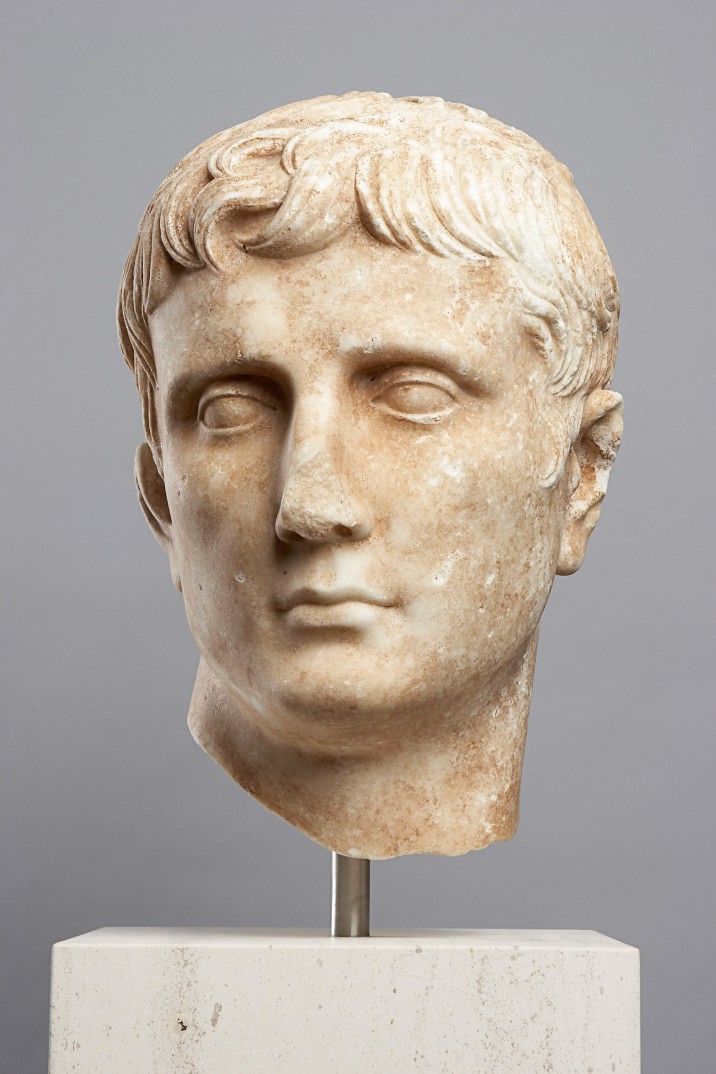
:focal(1134x648:1135x649)/https://tf-cmsv2-smithsonianmag-media.s3.amazonaws.com/filer_public/49/26/4926c5f7-b1c9-4b5c-842c-cfe6cdb13a1d/panoramica_1.jpg)

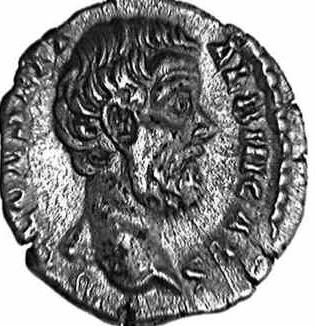

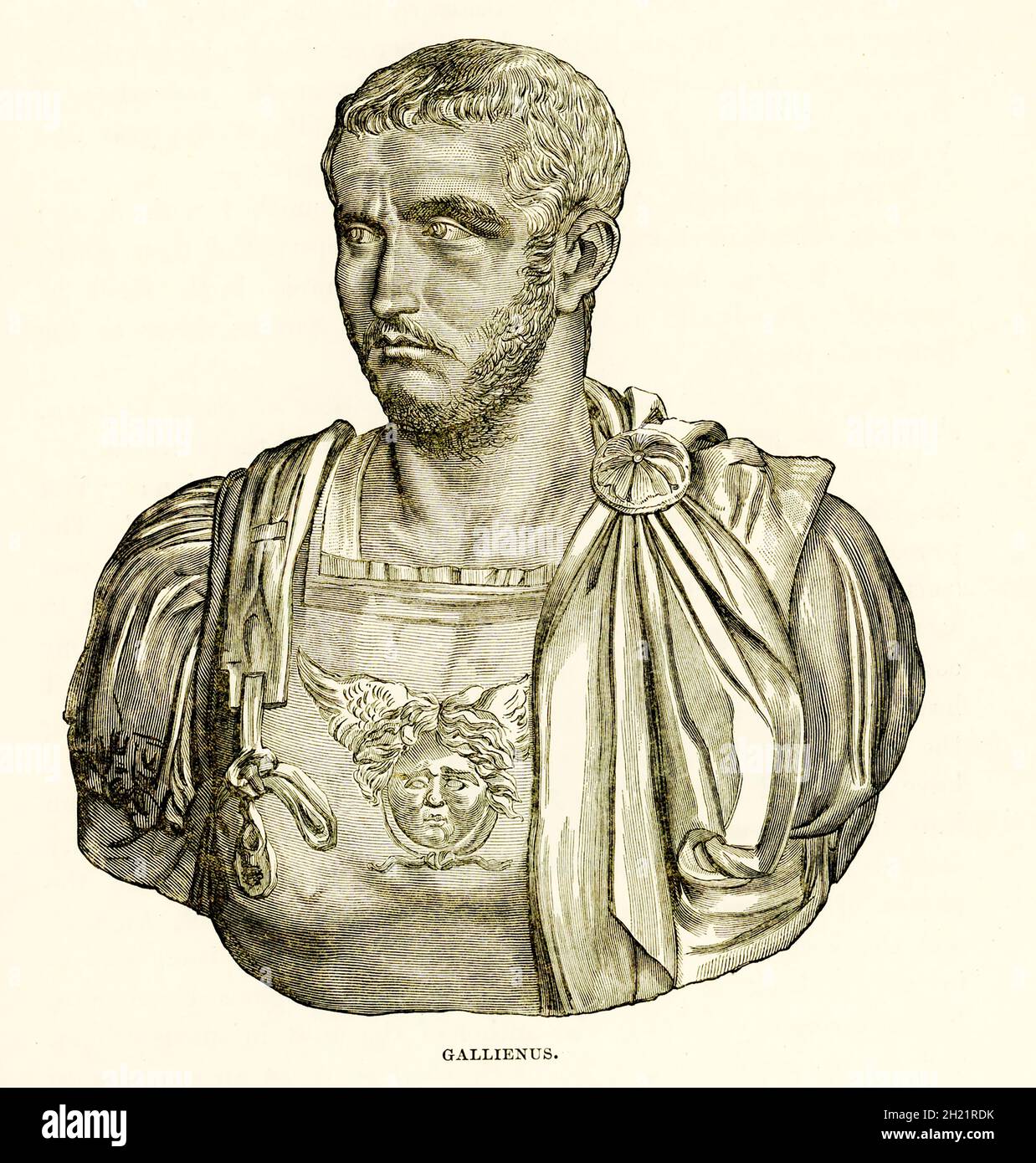




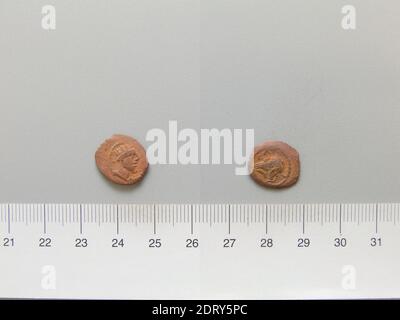
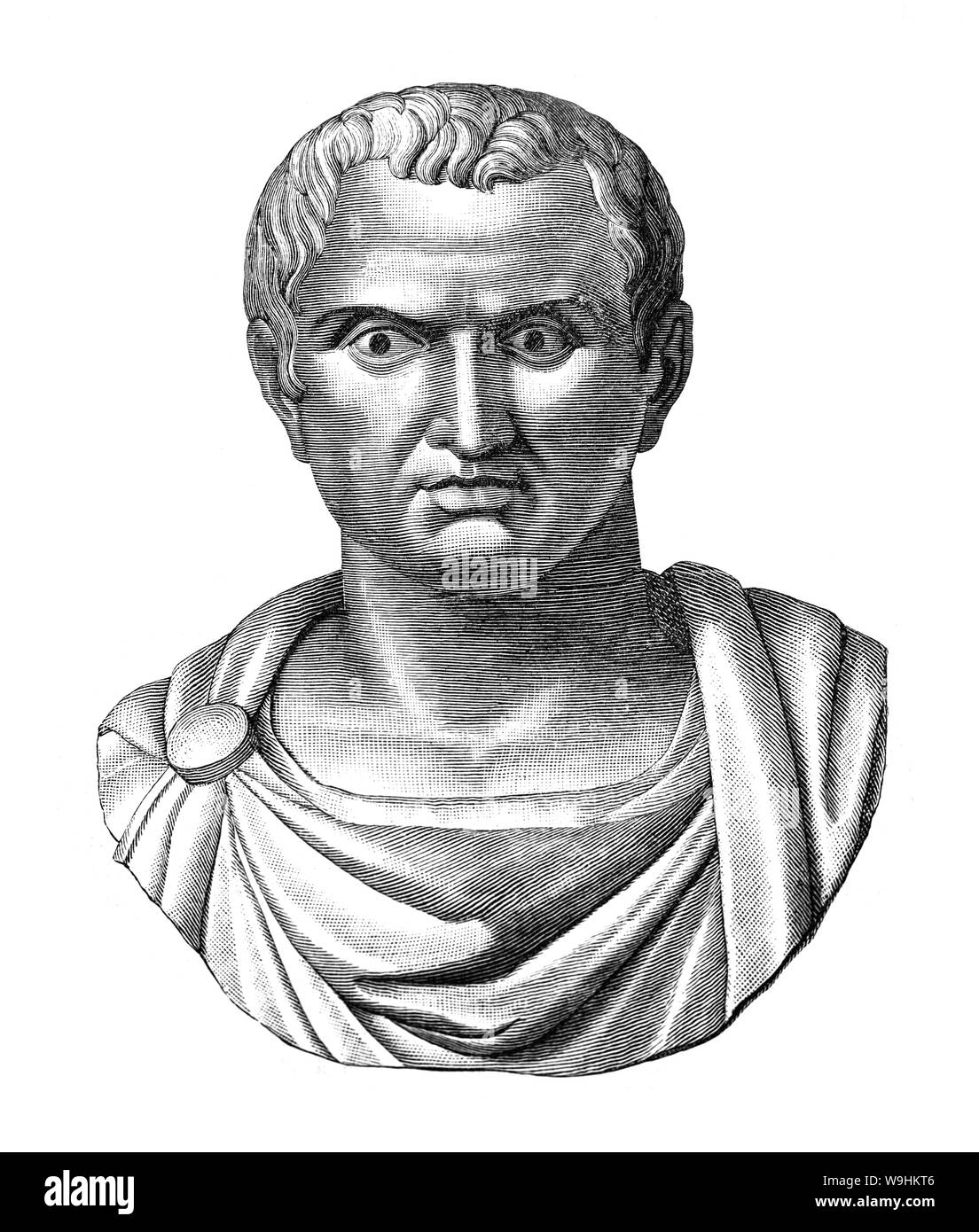


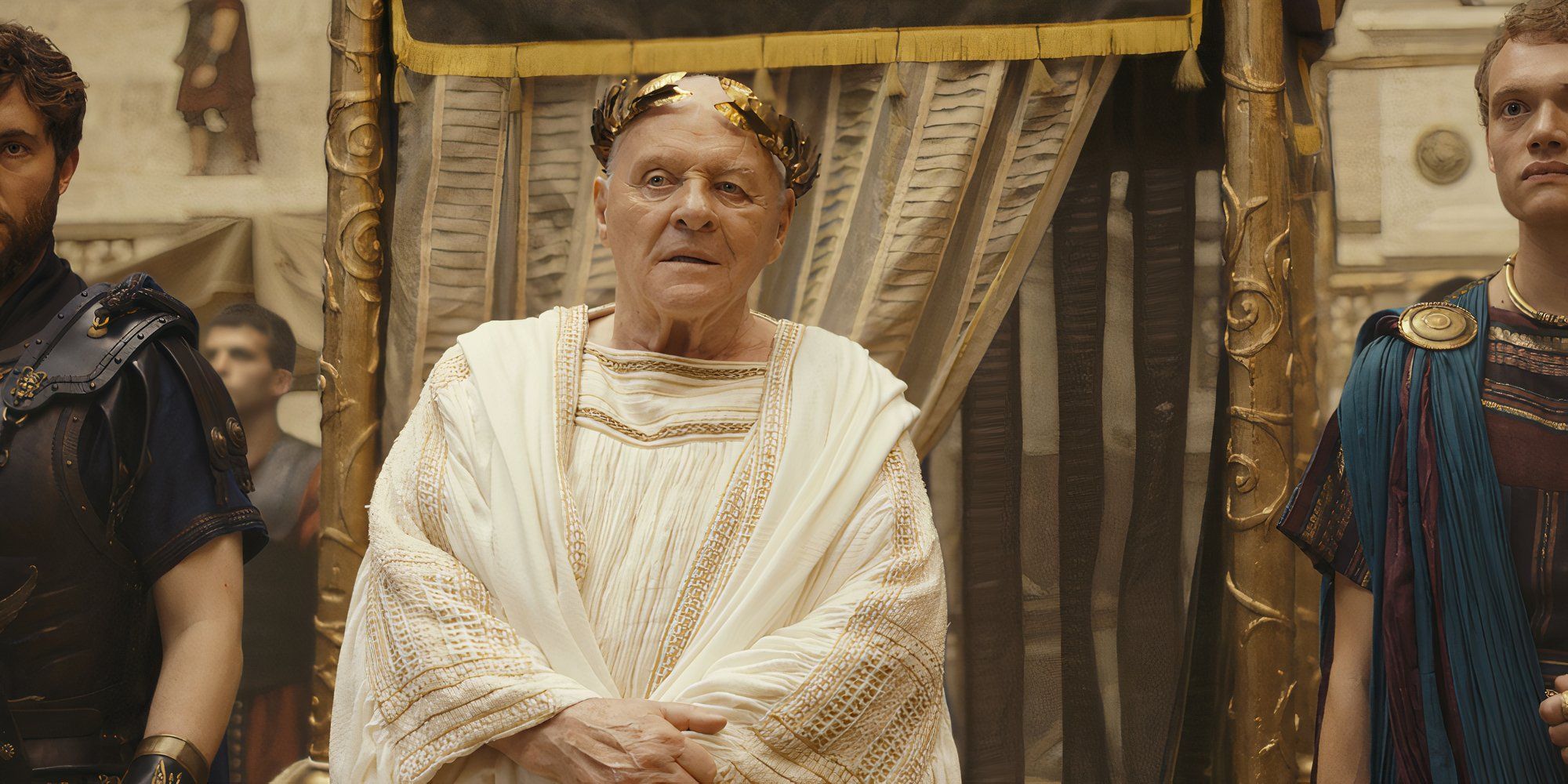
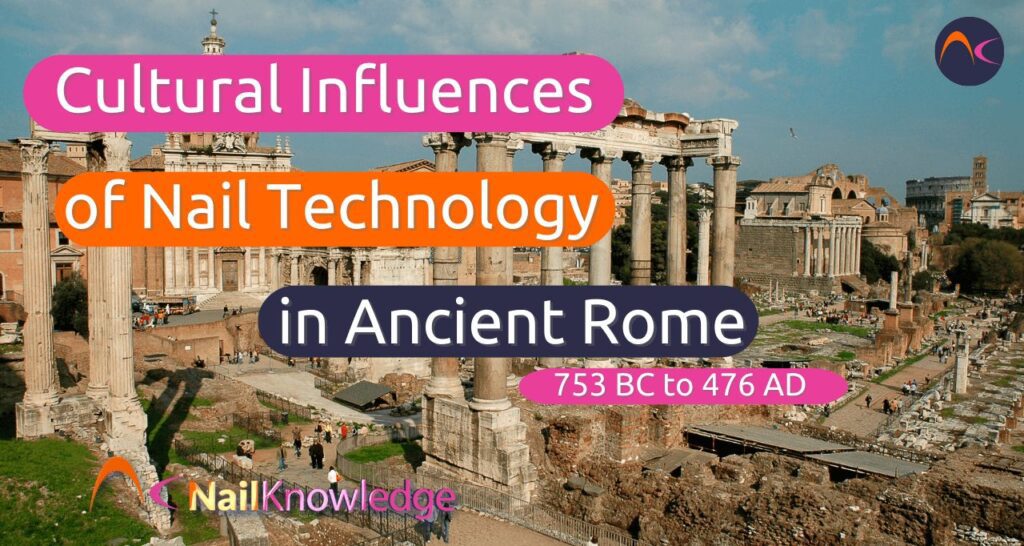
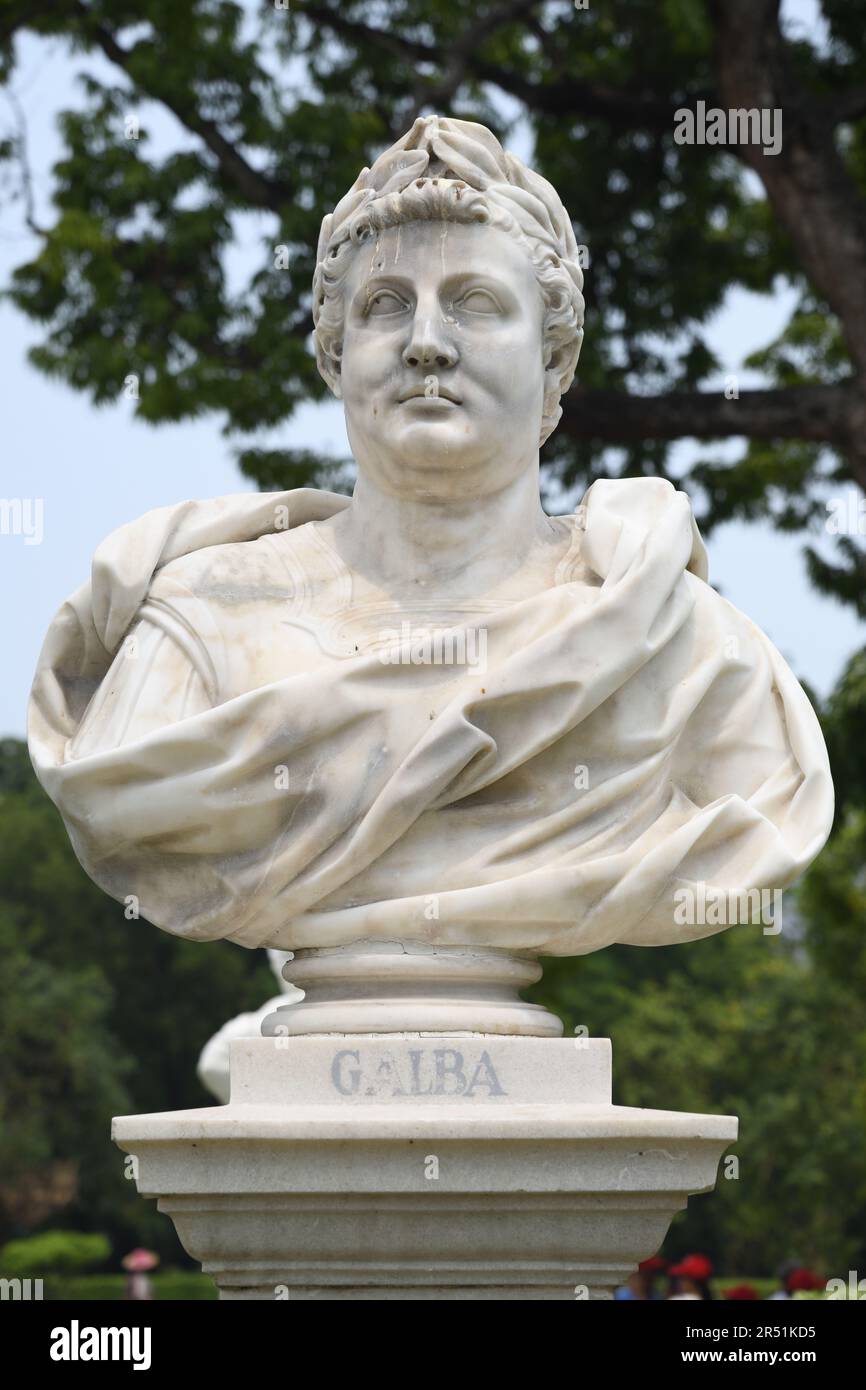



Comments